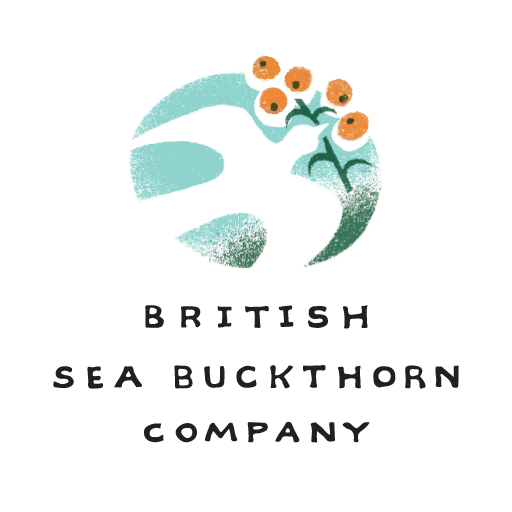The demon of marketing seems to be back under the microscope. With the World Medical Association (WMA), health campaigners and Scottish government focusing on child obesity. The EU food industry voluntary pledge claims that children under 12 see 88% fewer advertisements for products that do not meet the Pledge’s nutrition criteria compared to 2005. The WMA argue that marketing exploits children’s trust. Is there not more to it than that? At most retail stores, large and small, vast amounts of chocolate wait to be bought on impulse. The UK diet has grown to having a sweet tooth. Whenever regulation emerges we complain about the Nanny State. Diet education is confusing. As with many governments there is not a holistic approach to this bringing together theWorld Medical Departments of health and Departments responsible for education.Ignoring the issue condemns a generation to health issues, but it might take a generation to turn the desire for sweet foods.
This all comes as the “Food Matters Live “conference approaches ( November 22-24th) bringing scores of top speakers to many fascinating seminars. With reference to my opening paragraph, the pre-conference magazine has an article which sets out the importance of the first 1000 days of a child’s life as being pivotal in creating taste preferences. Parents and carers alike mix bitter flavours with sweet in the belief that it will be better accepted. Broccoli, spinach and cauliflower being mentioned as being sweetened up with apple or pear. Taste is not the only preference being created. A prevelence for carrot and tomato ( both sweet ) also creates a leaning towards orange and red colour. But then as we grow older we also gain the ability to chose but at what stage does food choice become a choice or a compulsion?
I am never sure when attending these conference events whether it will help develop my sea buckthorn business but knowledge gained is never wasted. Maybe next year if the summer of 2017 brings a viable crop of berries and I harvest them under the protection of a bird net – then there might be an opportunity to exhibit.
Confidence in a good harvest for 2017 is being set now. For the rest of my farm the fact that we still have not had any real rain for weeks if becoming a problem. Seeds may germinate, but without enough moisture they will die and the crop fail. But I look this year at my sea buckthorn with increased hope. In previous year’s leaf fall would have already happened, but 2016 many plants ( especially the males) retain strong green leaf.
Normally the ground would have softened making vehicle access difficult if trying to reduce compaction near to plant surface roots. This year the ground is still hard so I am strimming all the weeds to within one metre around the plants with a polyhead on a Stihl backpack strimmer. Then, while ground conditions allow all plants are having a heavy dose of compost. The winter rain will wash this into the ground and lighten my clay soil as well as providing some nutrient both for the soil biota and the plants.
Past years have shown my first plants break bud at the end of December, with all plants with some young leaf by the end of January. The autumn application of compost will be followed in mid-late February by the first application of compost tea. This will build up the males particularly for best potential when it comes to pollination.
The bird netting will be going up over this winter as my final strategy to bring on a good harvest for 2017. The final issue will be accepting that the berries will be hand picked. This will create a time and expense issue. Next year I will be undertaking some branch cutting trials on selected Siberian varieties to see whether this is viable. Disease control and plant health will be the focus on these trials, but I have confidence in the options available with different compost tea mixes. These trials will take three years to indicate results, but that is the nature of the crop.
This week has also been a milestone as I have just received by Soil Association certificate to start the process for the sea buckthorn to be certified organic in three years time. This is potentially not just a move for sea buckthorn but is also starting a process of looking at how the rest of the farm is managed. On November 2nd I shall go to a cultivation demonstration for no-till but importantly incorporating the use of cover crops without the use of chemicals. To non-farmers this might sound unintelligible, but it means that we can start to build up organic matter in soils; reduce industry CO2 emissions normally associated with heavy cultivation when the soil is turned over and cut out the use of roundup spray. This is a revolution – but it has to work.
I cannot finish without mentioning Brexit again. For the farming industry, like many others it is putting our lives on hold. The implications are the loss of subsidies and an unknown future for payments for managing land for biodiversity. Farming is, like sea buckthorn, a process with long term decision making. Putting one’s faith in politicians is all that we can hope for, but as my father used to say – it is never as bad as you think, nor as good.
